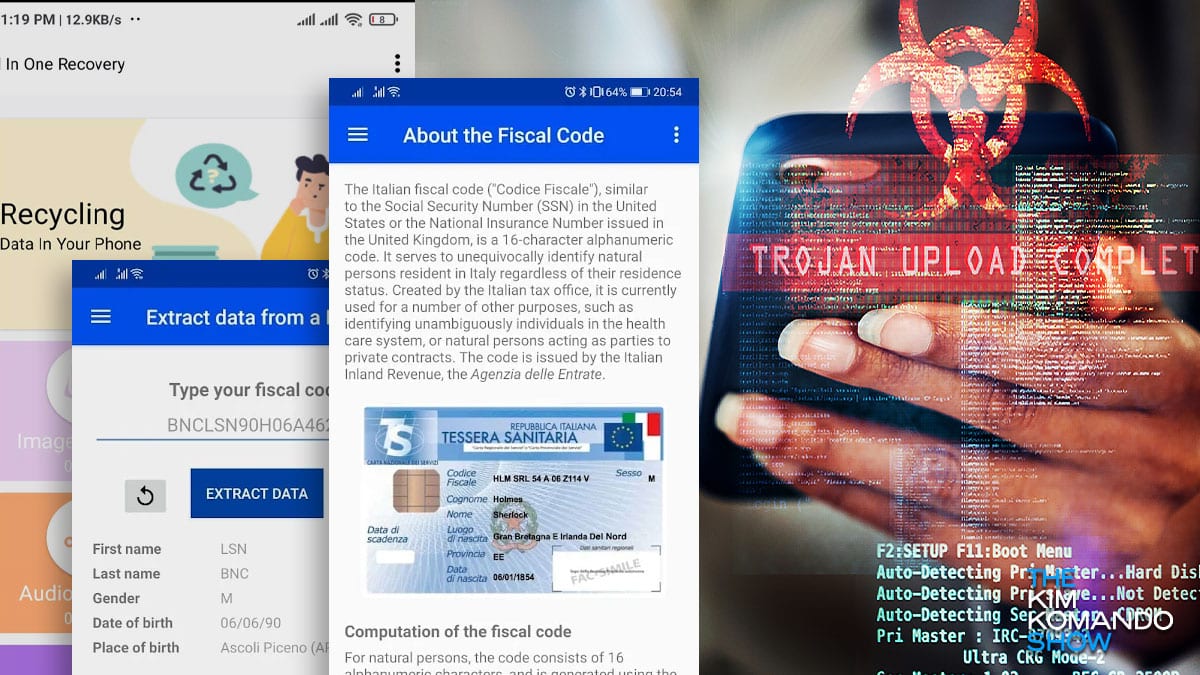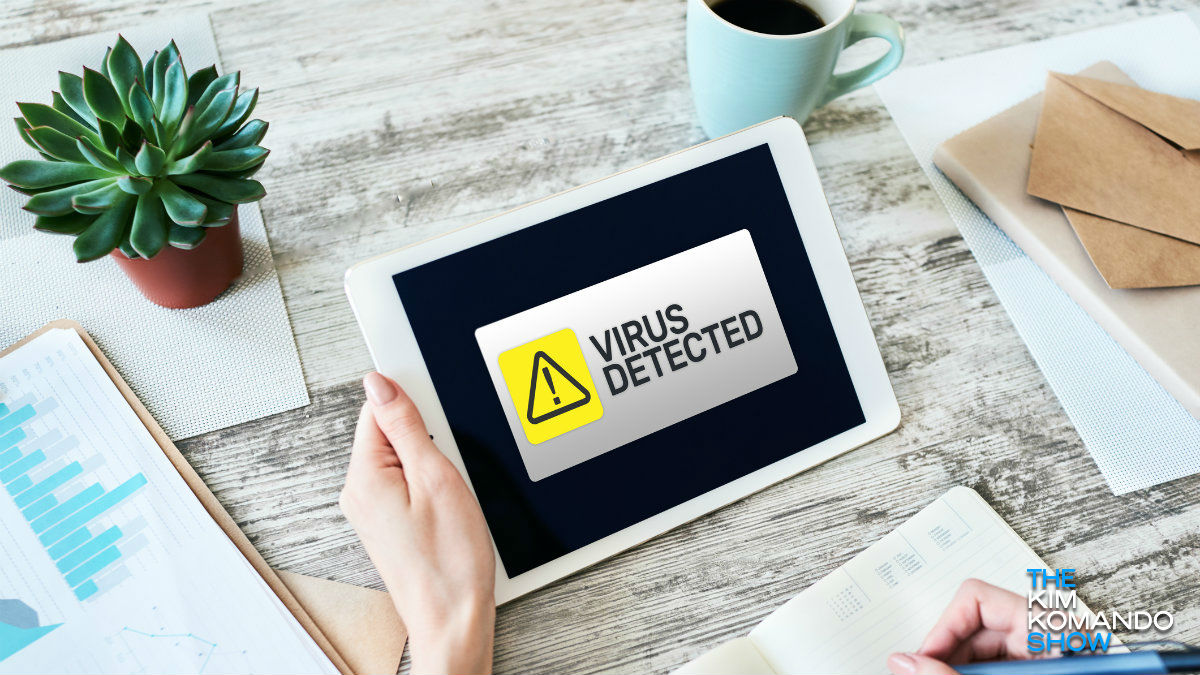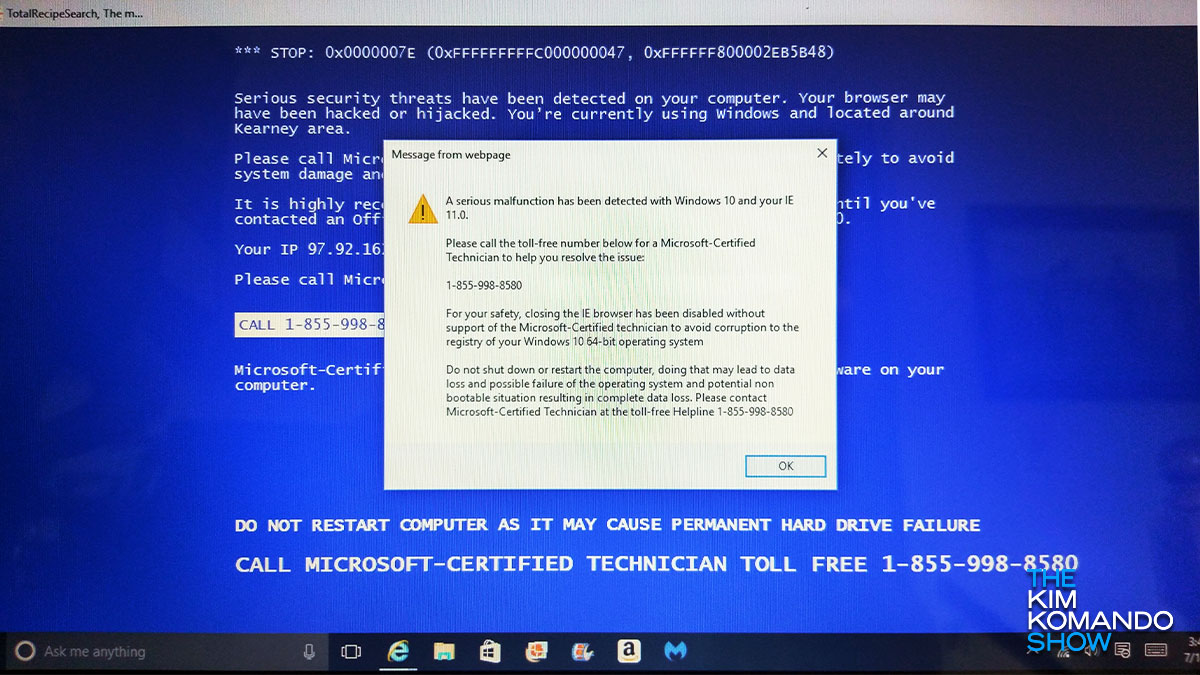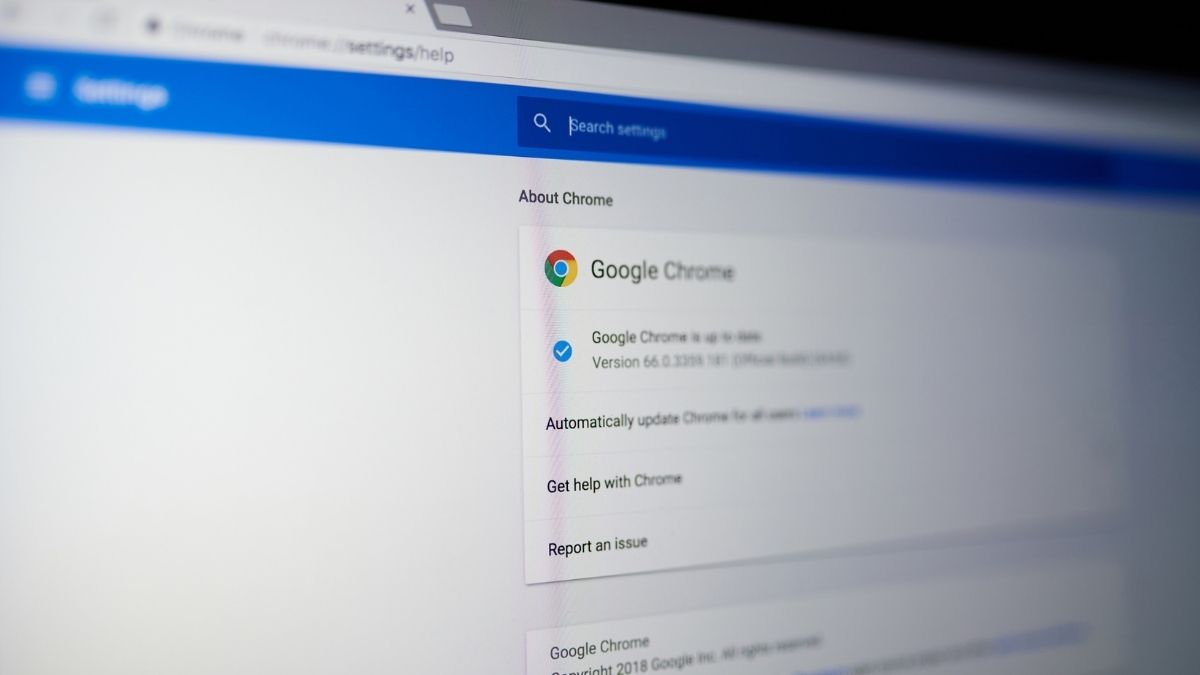🚨 Heads-up, small businesses: Hackers are breaking into WordPress-based websites and installing fake plugins packed with harmful code. When visitors come to your site, they might see a pop-up telling them to update their browser … but it’s actually info-stealing malware. They’re getting in with stolen credentials, so change yours now.
How to spot a fake retail website before you buy

I got a question this week from Janet in Idaho. She was scrolling Instagram, clicked an ad for a super-cute dress and bought it. Next thing you know, there are bogus charges on her debit card. “How the heck did that happen?” she asked me. “It was a website I’ve shopped on before.”
Oh, Janet, don’t be a Mrs. Potato Head. Only use a credit card to shop online. They have fraud protections that debit cards don’t. And be on the lookout for scammers’ newest trick: Fake websites.
It starts with clicking an ad
This latest nefarious trick works because it’s copying websites you trust. The URL looks fine, the logos and slogans are there, the product pages look normal, and the payment platforms shown are all legit. Some of the sites even have the trusted HTTPS certification and 100% fake reviews.
So, how do you end up there in the first place? The jerk behind the site takes out social media ads and sends emails. You’re then lured by the extra-low prices, special discounts and free shipping.
Spoiler: You aren’t getting that product you ordered, or it’ll be a cheap knockoff. Worse, you may end up with a malware download that steals even more of your personal information.
Spot fake sites, fast
Here’s my quick cheat sheet to check before making a single click. For starters, if the price of whatever you’re buying is less than half of what it normally would be, move on, and ask yourself these questions:
- Is the URL multiple words? Big brands have enough clout to get simple domain names, like Macys.com or BestBuy.com. Fraudulent sites use longer, weirder titles like “MacyOutletShop.”
- Does this trendy boutique even exist? Many scam sites use names that sort of sound real, like “Homitage.” But if you’ve never heard of it, Google it. You should at least come up with reviews, additional landing pages or third-party sites selling the brand.
- Are there pushy pop-ups? Some websites have pop-ups for chats or discounts. But phony sites push pop-ups to ask for your contact or payment information while you’re still shopping.
- Where’s the customer service? Counterfeit sites may have a “Contact Us” email form that goes nowhere, but real sites will have plenty of ways to contact their customer service team.
- How do images look up close? Reliable sites use high-res images that are easy to expand or open in another window. Bogus sites typically use low-quality pics that don’t stand up under scrutiny.
Pro tip: Check the IP
Use this IP address tool to see where the site is located. Look for suspicious signs, like an American business with an IP address from overseas, including spots like China, India, Venezuela and other places that just don’t make sense.
Janet in Idaho, this one’s for you … The other day, I was in Safeway getting ingredients for potato leek soup. Two women were engaged in deep conversation about a friend’s divorce right in front of the leeks. So I said, “Excuse me, ladies, I need to take a leek.” It took them a few seconds to laugh.
Scareware 101: How to spot this dangerous cyberattack and protect yourself

Spam is unavoidable: It clutters your phone call history and chokes your email inbox. Like spam, scareware is another annoyance that seems to go hand-in-hand with internet access. It’s why you should never click pop-ups that say your system is at risk.
5 best browsers not named Chrome to use with your Android phone

It’s hard to imagine a world without Google. But every time you use Google or Chrome, your information and habits are stored and used to serve targeted ads. Tap or click here for a big reason to stop using Google Chrome on your smartphone.
Cool site: Free easy-to-use video editing tools

How many pictures do you have on your phone’s camera roll? You don’t have to be a trained photo editor to have amazing images. Tap or click here for five photo apps that make your pics better without any Photoshop skills.
🤖 ChatGPT warning: When you get info on ChatGPT, the results often include citation links. Click one and it might take you to scam central. Some links, like “County Local News,” are riddled with dodgy pop-ups pretending to be Adobe Flash updates or fake McAfee virus scans. Watch out!
🚨 Heads-up: Hackers are using Google ads for “Facebook.com” to steal login details. Click one of the ads, and you’ll be redirected to a dodgy site filled with malicious pop-ups. Remember, anyone can buy Google ads. Don’t search to get to a site; if you know the URL (and we all know Facebook’s URL), just type it in.
Search warning: Google’s new AI-generated answers can lead to sketchy sites that trick you into subscribing to browser notifications. Seeing these annoying pop-ups? In Chrome, go to Settings > Content > Notifications, and under Allowed to send notifications, click Remove next to any site you don’t want to hear from.
If you see this app warning on your phone, DO NOT ignore it

Malware droppers are hard to spot in the wild. They disguise themselves as legitimate login screens, fooling even the savviest of techies. Luckily, Google is making it easier to thwart hackers with a new malware warning.
Did you get a strange notification that you need to protect your Facebook account? It's (probably) real

Social media is a hotbed for scams, and you can never be too careful about pop-ups and advertising. You might have received an email telling you that your account is compromised and you need to verify your details.
The chances are good that it was part of an elaborate phishing scam, but users have noticed another pop-up on Facebook over the last few days. The alert claims that you must activate a new function on the social media platform or risk losing access.
Watch out for this scam ad popping up in YouTube

If you have spent any time on YouTube, you have seen a few ads. For the most part, advertising is through skippable in-stream ads. That’s when you see those short videos before or after the video you want to watch. Don’t like what you see? Here are eight YouTube pro tricks for better searches and more privacy.
Tech how-to: Lock down Chrome, Firefox, Edge and Safari for maximum security

There are many web browsers out there, but these are the four most popular: Google Chrome, Mozilla Firefox, Microsoft Edge, and Apple’s Safari. They have their differences, but they also have many similarities.
Sadly, one of their similarities is they can all be hacked in various ways. This can lead to your private information getting out and cause personal or financial harm to you. Tap or click here for signs that your device has been hacked.
How to remove viruses from your iPhone or iPad

Apple has made it really difficult for hackers to get into your devices. But despite the common misconception that iPhones and iPad are immune to malware, hackers do, in fact, have ways of infecting your iPhone and iPad.
Tech help scam: Don't click pop-ups warning your system is at risk

Picture this: You’re browsing the web, minding your own business when suddenly a pop-up appears on your screen. It doesn’t look like an ad, but a system alert warning you that a virus has taken over your machine. Wanting to protect yourself, you click the link and get in touch with a tech support agent. Then, before you know it, you’re being billed hundreds of dollars. Wait, what?
Browser security settings you need to check now

No matter which browser you choose, you’re accessing the same internet.
That is, of course, unless you’re using Tor to trawl the Dark Web. Feeling curious about how to get there and what you’ll find? Here’s the info — use it at your own risk.
New computer? Here are 4 things you should do right away

Picking out a new computer can be tough. With so many features to choose from, it’s easy to feel overwhelmed. Don’t worry, just click here for a list of the things you should look into before choosing your next computer.
